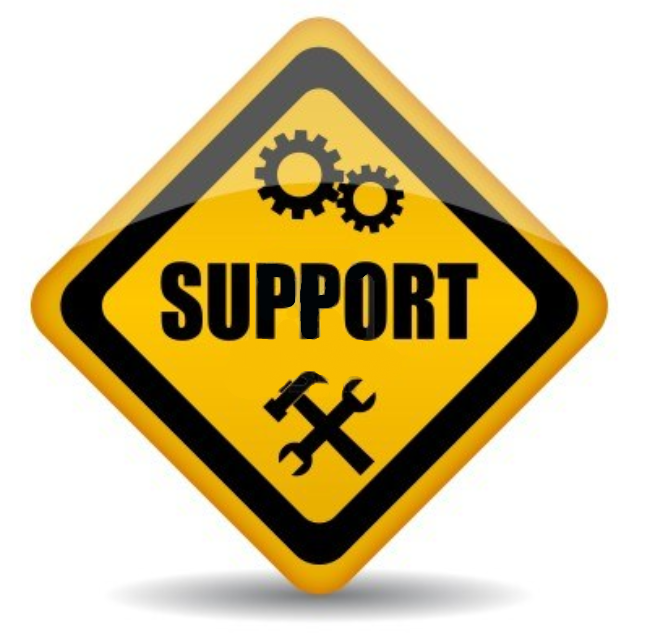More Support for Lexmark: “Foreign Sales Don’t Exhaust Patents”
 The Intellectual Property Owners Association (IPOA) has filed an amicus brief in support of Lexmark in the full bench (en banc) US trial over the OEM’s lawsuit against Impression Products Inc. The case, in part, concerns patent right exhaustion of printer cartridges first sold outside of the United States.
The Intellectual Property Owners Association (IPOA) has filed an amicus brief in support of Lexmark in the full bench (en banc) US trial over the OEM’s lawsuit against Impression Products Inc. The case, in part, concerns patent right exhaustion of printer cartridges first sold outside of the United States.
According to Tonernews, the IPOA, which represents more than 12,000 intellectual property holders, claims in its amicus brief that the U.S. Supreme Court’s ruling that foreign sales exhaust copyrights does not apply to patent law.
Patent rights are limited territorially by the nationality of the agency that issues those rights. Therefore, the association said it would be “extraordinary” to say that sales outside the U.S. could exhaust patent rights within the country.
The association wrote, “The Kirtsaeng opinion neither compels nor suggests that this court apply it to patent law and disrupt the long-settled expectation that the sale of products in a foreign country, whether by the patent owner or someone else and whether or not the sale is made pursuant to a foreign counterpart of a United States patent, does not exhaust any United States patent rights.”
Other entities have also showed their support for Lexmark in separate briefs, which include Qualcomm Inc. and Dolby Laboratories Inc. Trade groups, including the Imaging Supplies Coalition, CropLife International and the Biotechnology Industry Organization have also lent their support.
Tonernews says the filings come about a week after Lexmark filed its first brief in the en banc phase of the case. The full Federal Circuit decided in April to review the case to address whether two of the appellate court’s precedents on patent exhaustion remain good law in light of recent Supreme Court rulings.
The first involves the Federal Circuit’s previous holding that only sales within the U.S. exhaust patent rights. Impression Products claims that should be called into question by the Supreme Court’s 2013 ruling in Kirtsaeng. The ruling said foreign sales exhaust rights under copyright law.
The second question is whether patent owners can impose restrictions on the use of patented items after they are sold to keep their rights. The Federal Circuit’s 1992 Mallinckrodt decision said such restrictions are allowed, but the Supreme Court said in 2008 that authorized sales exhaust patent rights.
“There is no mandate—or even a suggestion—from the Supreme Court to revisit either exhaustion doctrine,” the trade groups wrote.
Dolby turned toward the Mallinckrodt decision and argued that the ruling for Kirtsaeng regarding copyrighted works “isn’t analogous to patent law”. The company said patent owners and licensees are “free to define the scope of their licenses”. Rights that were never granted are not authorized and cannot be subject to exhaustion, it wrote.
“Hence, a lawful restriction on the scope of a license or limited authorization in a sale or license grant should be upheld,” the entertainment company said. “This court’s decision in [Mallinckrodt] hews to these principles, and the court should not overrule this long-standing precedent.”

You’re Welcome to Contact Us!
You can provide opinions and comments on this story!
Or you can send us your own story!
Please contact Violien Wu, Head of News & Editorial, via violien.wu@iRecyclingTimes.com





Leave a Comment
Want to join the discussion?Feel free to contribute!